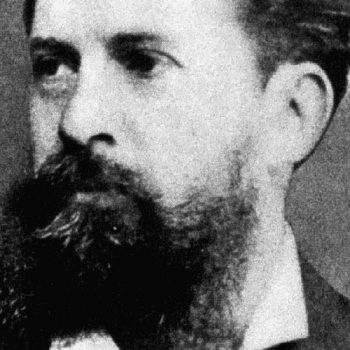“Thinking is common to all.” (Sweet 113; cp. DK 113)
“Thinking is shared by all.” (Kahn 31)
One question at the outset concerns what thinking is. Is Heraclitus only pointing to rational calculative thought? Is cognition of any other sort perhaps not deserving of the name thinking? Or does he mean to point to cognition more generally, or to a Heideggerian poeticizing? Perhaps this is not of critical importance, at least not here. Certainly all people have consciousness, share sense perception, feel pain and pleasure, remember, imagine. We can also logically reflect on and give account of things. As we have seen Heraclitus thinks all potentially could even “think well” (F 29).
When speaking of people of sound judgment, Heraclitus emphasizes that they share a common world . They are awake to that world. The sleeping, by contrast, live in their own private worlds (F 6). Heraclitus views most people as asleep, not as awake to common world. Does awaking to the common world mean awaking and developing our common thinking? It does imply acting in sync with a common not merely a private sense of good (F 3)
Yet Heraclitus nowhere acknowledges a collective possibility of advancing knowledge and rationality. He nowhere suggests that as individuals we might add to the common stock of thinking, that immersion in collective action and collective reflection facilitates our own growth in thinking as individuals, and as individuals we contribute to the thinking of others. We get some hints of this possibility in Plato, of course. But it will first be taken up clearly in a Heraclitean form in Hegel and the Hegelians, who suggest this role for dialogue or reflective conversation and the achievement of more rational forms of life in the process of history.

